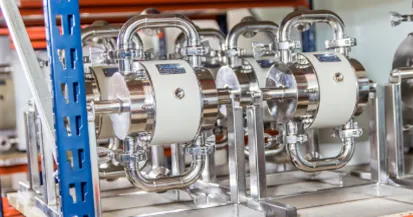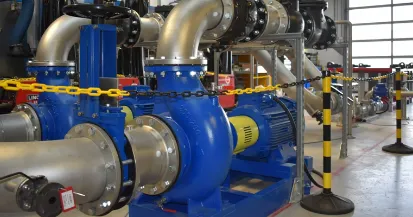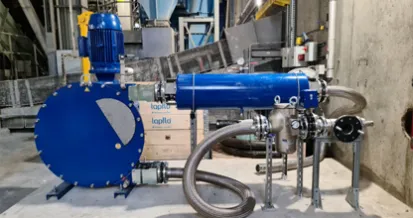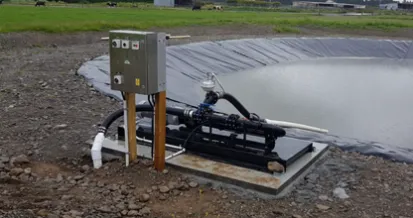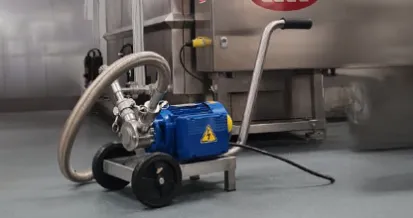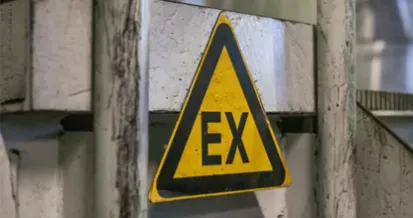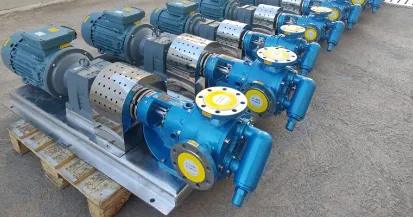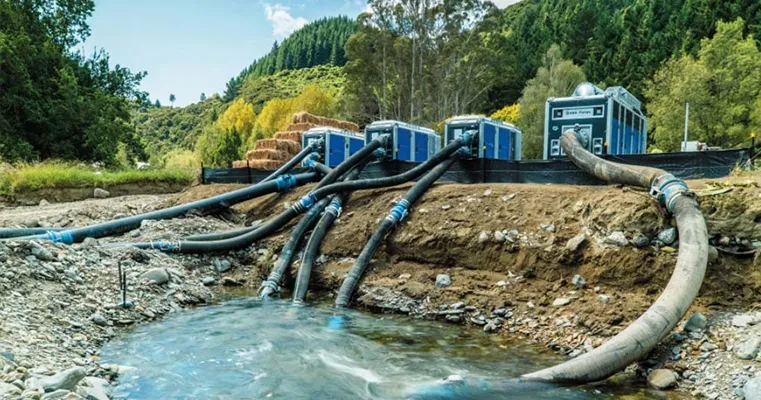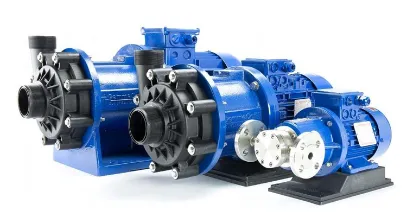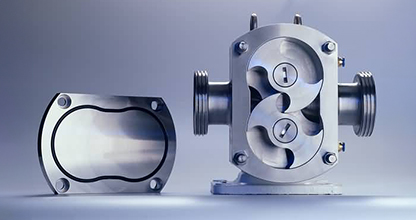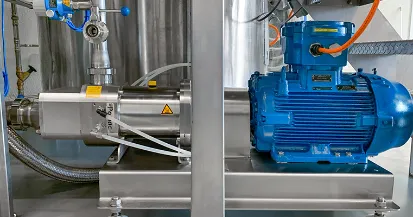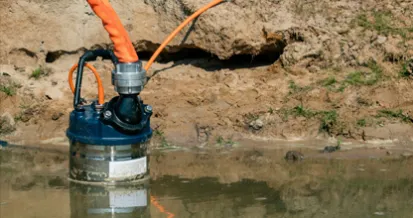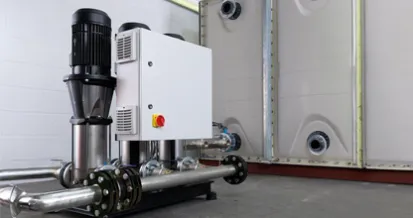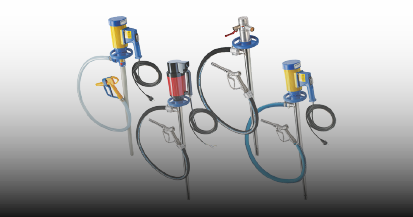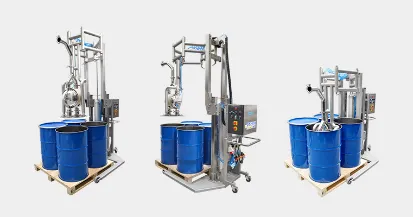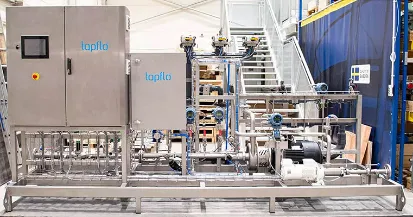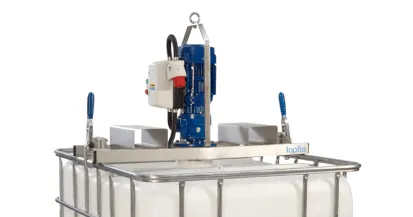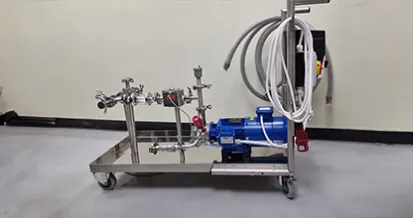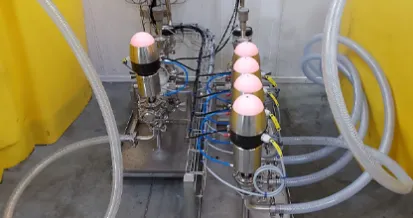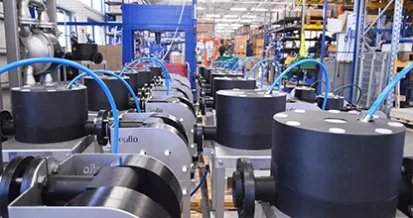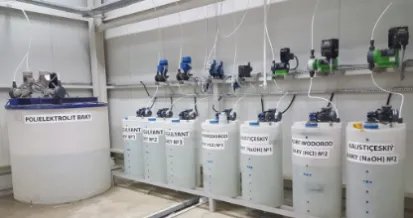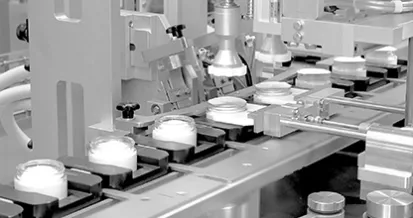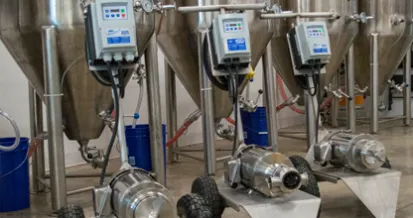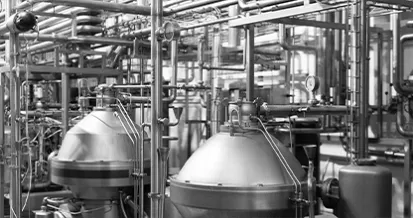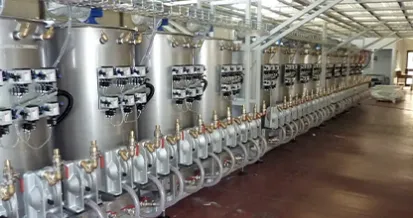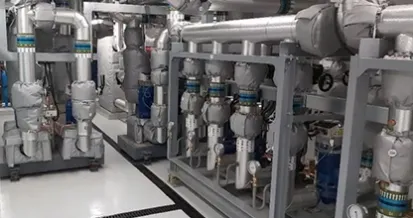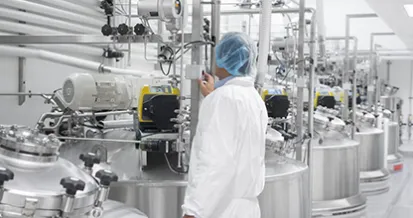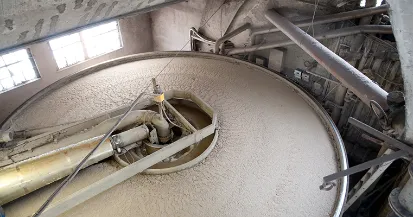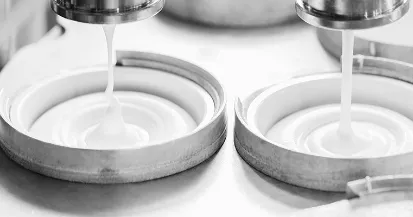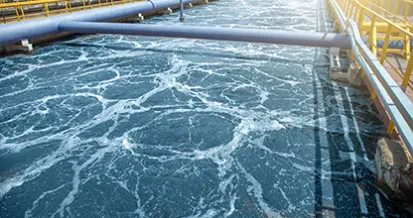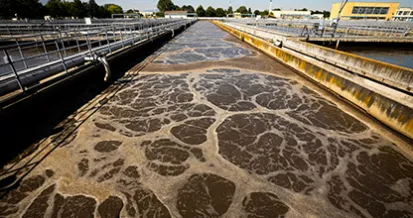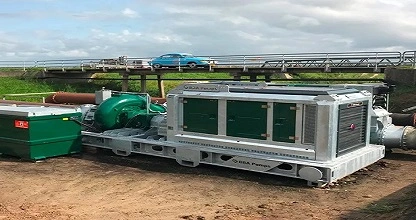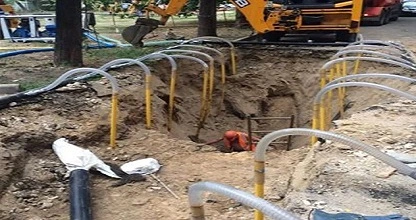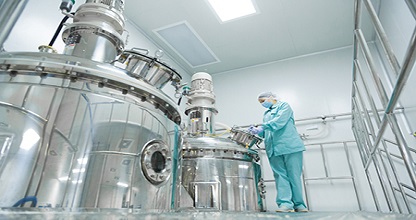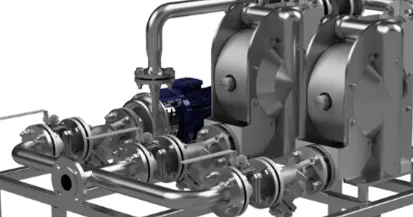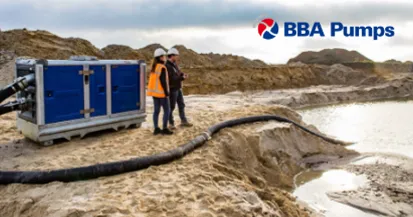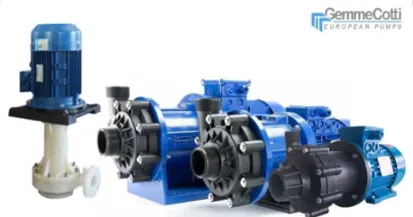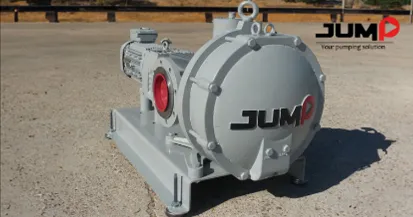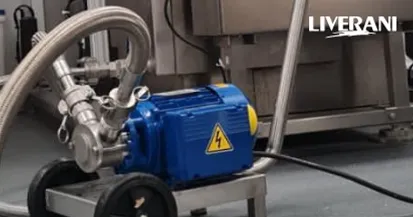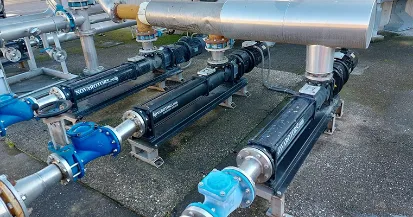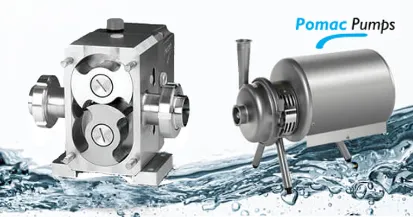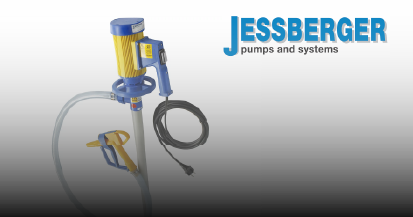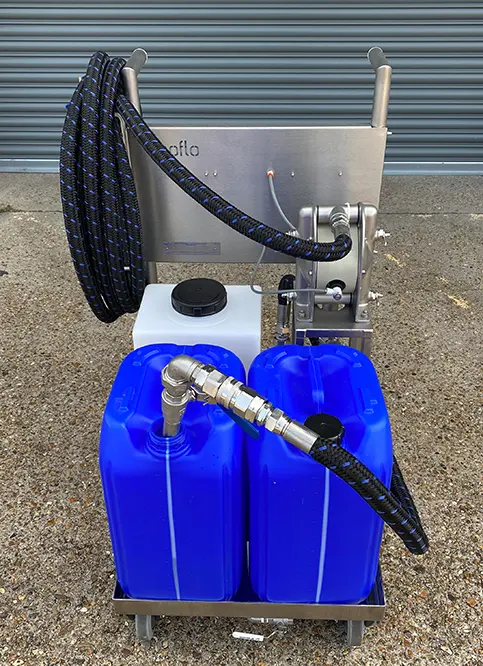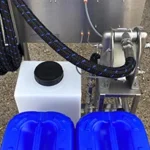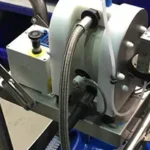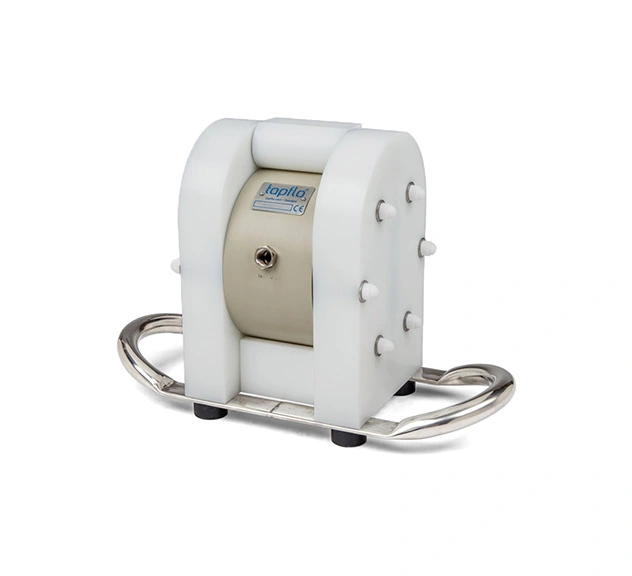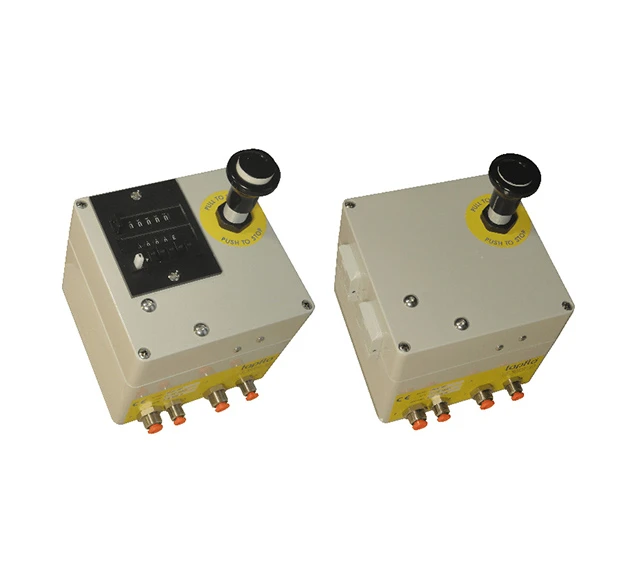At Tapflo UK, our goal is to provide tailored solutions for all your pumping requirements. Whether you’re looking to improve safety, optimise chemical handling, or increase efficiency, our Mobile Decanting Units (MDU’s) and related products like the Pneumatic Wall Decanting Unit (PWDU), Electronic Wall Decanting Unit (EWDU), and Diaphragm Drum Pump can streamline your operations.
What is a Mobile Decanting Unit (MDU)?
A Mobile Decanting Unit (MDU) is a mobile solution designed to decant and safely dispense chemicals from larger containers into smaller ones. It features a Diaphragm Pump paired with a Pneumatic Batch Controller mounted on a Stainless Steel trolley, making it an ideal system for facilities that need to decant chemicals efficiently and safely.
Key Features of the MDU System
Our MDU system offers the following benefits:
- Mobile and Versatile: The unit is mounted on wheels, making it easy to manoeuvre around your facility, whether you’re working with 20L, 25L, or 205L containers
- Precise Dispensing: The Pneumatic Batch Controller ensures accurate, repeatable volumes. You can control the amount of liquid dispensed, helping prevent over-dosing and reducing product waste
- Customisable: Tailored to your specific needs, the MDU can be customised with various Diaphragm Pump materials (HDPE, PTFE, metal) and different hoses, including those with an optional swan neck for more precision
- Safety: By eliminating the need to manually carry heavy and hazardous containers, the MDU significantly reduces the risk of spills and accidents in the workplace
Available Models:
- MDU-20: Designed for 20L and 25L containers
- MDU-200: Designed for 205L drums
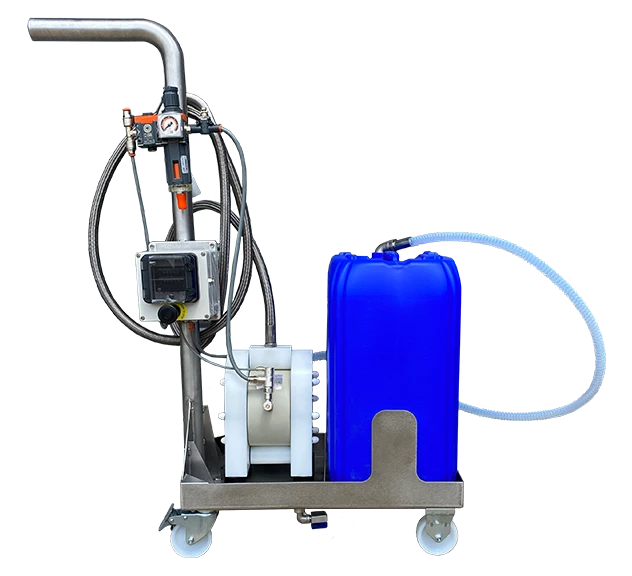
Components of our Mobile Decanting Unit
Each Mobile Decanting Unit is delivered as a complete system, pre-assembled with the following components:
- TPUK-BP Pneumatic Batch Controller: Provides control over dispensed quantities, ensuring precision with each use
- Air-Operated Diaphragm Pump: Allows for gentle fluid handling, making it ideal for sensitive or abrasive products
- Pump Speed Control Valve: Adjusts the flow rate for customised operation
- Air Filter & Pressure Regulator: Ensures a consistent and safe air supply to the pump
- Adjustable Swan Neck Discharge Hose: Facilitates controlled, spill-free dispensing
- Stainless Steel Trolley: Durable and easy to clean, offering corrosion resistance and robustness for industrial environment
Benefits of Using the MDU
The MDU enhances operational safety and efficiency with its fully pneumatic design and mobile structure. Here are its key benefits:
- Reduced Spillage Risk: No need to carry open containers—chemicals are dispensed directly into the required vessel.
- Flow Control: Variable flow and pressure settings provide operators with full control
- Customisability: Highly adaptable to different chemical container sizes and operational needs
- Safety for Hazardous Environments: The MDU is ATEX-rated, making it safe for use in explosive or hazardous conditions
- Barrier Protection: Prevents contamination by maintaining controlled environments
Related Systems: PWDU and EWDU
For businesses that require fixed decanting solutions, our Pneumatic Wall Decanting Unit (PWDU) and Electronic Wall Decanting Unit (EWDU) provide highly effective alternatives to the MDU.
PWDU (Pneumatic Wall Decanting Unit)
This modular, plug-and-play system integrates seamlessly into existing infrastructure. Key features include:
- Pneumatic Control: Operates fully on compressed air, ensuring safe and efficient chemical dispensing
- Bespoke Options: Available with different suction/discharge materials to suit various fluids (HDPE, PTFE, Stainless Steel AISI 316)
- Easy Installation: The unit is compact and simple to install, requiring only pneumatic connections and fluid lines
EWDU (Electronic Wall Decanting Unit)
The EWDU offers an advanced, electronic solution for decanting:
- High Accuracy: The electronic oval gear flow meter provides precision with a margin of error of just 0.5%
- Remote Control Capabilities: Operators can start/stop the system remotely for ease of use
- 230V Power Supply: The unit operates on a standard electrical connection, making it suitable for facilities with existing power lines
Both systems are customisable to suit different batch sizes and decanting requirements.
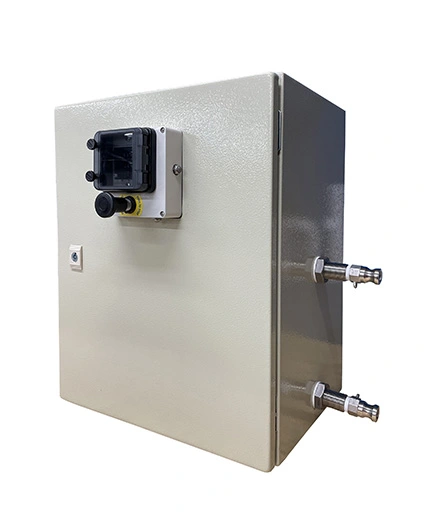
Drum Pump: A Mobile Chemical Transfer Solution
Our Diaphragm Drum Pump is ideal for emptying large drums and containers. It simplifies chemical transfers by allowing operators to decant chemicals from drums, IBCs, and other containers with ease.
Key Benefits:
- Portable and Flexible: Easily transferred between containers, thanks to the 2m drum tube and carrying handles made from Stainless Steel AISI 316L
- No Rotating Parts: This ensures gentle handling of fluids, making it suitable for shear-sensitive or abrasive products
- Variable Flow Rate: Adjust the flow rate via a blocking needle valve for controlled dispensing
FAQs: Decanting and Fluid Handling
What is the purpose of decanting?
- Decanting involves transferring liquids from one container to another, often for safety, precision, or operational convenience. It’s commonly used in industries dealing with hazardous chemicals to minimise the risk of spillage or contamination.
Is aerating the same as decanting?
- No, aerating introduces air into a liquid (usually for wine or fermentation), while decanting transfers liquid, often separating it from sediments or transferring chemicals safely from large containers into smaller ones.
What substances can be decanted?
- Common substances include chemicals, oils, water treatment fluids, food-grade liquids, and hazardous materials. Each requires a system suited to the chemical properties, such as corrosivity or viscosity.
When to use decanting?
- Decanting is ideal when handling large volumes of liquid that need to be distributed into smaller, manageable containers, especially in chemical processing, water treatment, and food production.
How does decanting differ from filtration?
- Decanting typically involves transferring liquid, sometimes separating it from a less dense substance, while filtration involves passing the liquid through a medium to remove particles or impurities.
The Mobile Decanting Unit (MDU) and related systems (PWDU, EWDU, and Drum Pumps) from Tapflo UK provide a safe, customisable, and efficient solution for decanting chemicals. Contact us today to explore how our decanting systems can enhance safety, accuracy, and operational efficiency in your facility.

